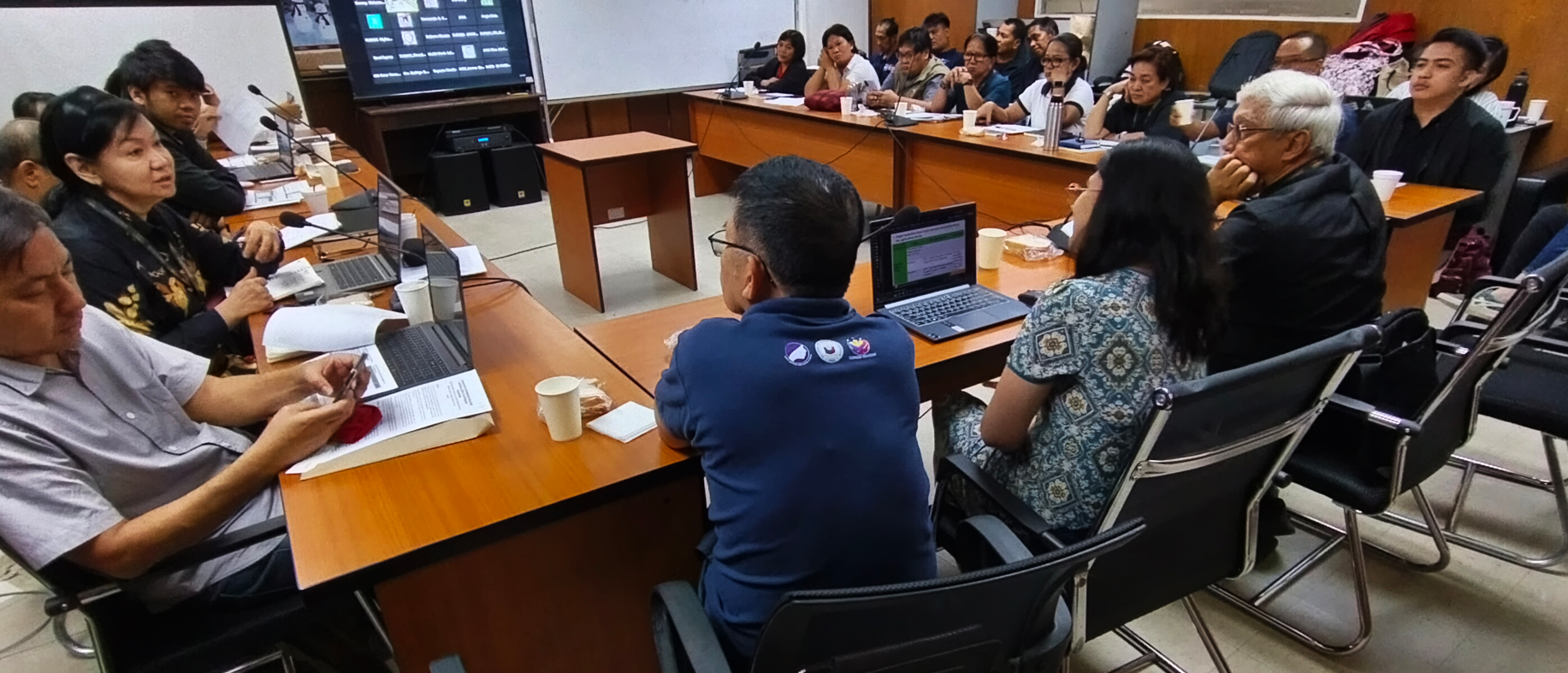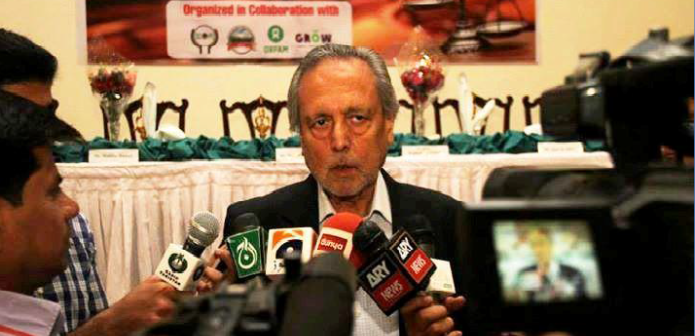


Pakistan’s first ever land rights tribunal in Hyderabad (organized by SCOPE, NPCP, and Oxfam GROW Campaign last 26 March 2014) exposes flaws land distribution cases and highlights the urgent need for land reforms and land rights for landless peasants to end poverty and food security in the country.
The Society for Conservation and Protection of Environment (SCOPE), National Peasants’ Coalition of Pakistan (NPCP), and Oxfam GROW Campaign organized the country’s first ever People’s Land Rights Tribunal in Sindh last 26 March in Hyderabad. The land rights tribunal aims to: bring to light flaws in land distribution cases and make recommendations; mobilize peasants including women, as well as land rights groups and activists in the country to participate in events that highlight land rights; and inform policy makers and media about burning land issues in the province. The main message was the urgent need for land reforms and land rights for landless peasants to end poverty and food insecurity in the country.
More than 500 participants attended – representing peasants, peasant leaders, land rights activists, lawyers, judges, politicians, civil society, and media.
The jury comprised Mr. Justice (R) Wajihuddin Ahmed, former senior judge of the Supreme Court of Pakistan as head; Yousaf Laghari, Member of Pakistan Bar Council; Qazi Ali Athar, Environmental Law Attorney; and Ms. Najma Sadeque, senior journalist and land rights activist. Mr. Justice Ahmed himself said that the decision of the Shariat Appellate Bench of the Federal Shariat Court is totally irrelevant even to the Islamic Sharia, and that there are hopes that the Supreme Court will turn it down sooner or later. He criticized the Shariat Court Members for misleading the nation based on unrealistic narratives while allowing landlords to freely use “riba” which is unlawful and forbidden in Islam.
Recommendations
The panel recommended:
Follow up on presented cases to protect people’s land rights
Hold government authorities responsible for rendering a group of farmers in Sindh landless, depriving them of their land, food security, and livelihoods.
Its recommendations to the government include:
The event, described by Oxfam GB Associate Country Director Dr. Mazoor Ahmed Awan as a significant milestone for peasants’ land rights, likewise received broad coverage by newspapers, blogs, and media channels.
—
Similarly, ANGOC held an Asian People’s Land Rights Tribunal last January 2014 in Quezon City, Philippines, also with Oxfam GROW Campaign, and with the University of the Philippines – Diliman,
The participants came up with the Diliman Declaration of the Asian People’s Land Rights Tribunal.
